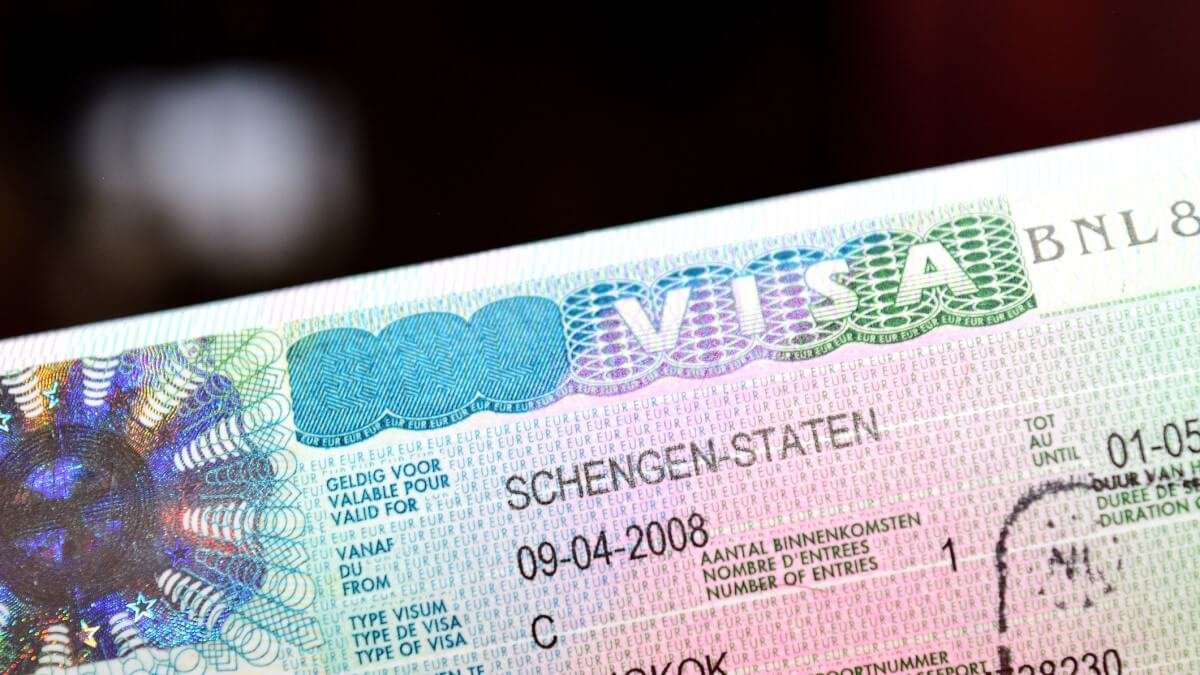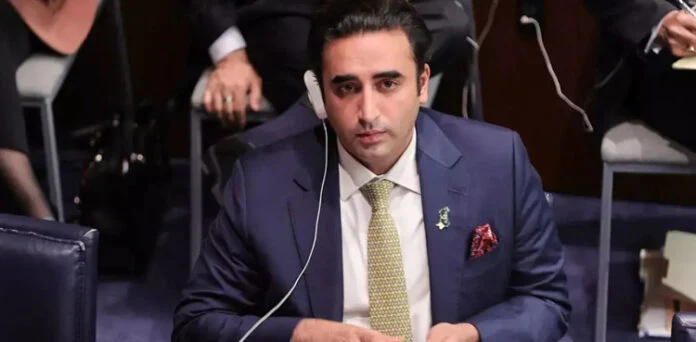
German Authorities Investigate Visa Scandals Involving Foreign Ministry Officials
Public prosecutors in Berlin and Cottbus have launched an investigation into officials at Germany’s Foreign Ministry, who are accused of pressuring colleagues to approve visas for applicants who did not meet the necessary requirements or presented fraudulent documents. Recent reports indicate that the Ministry, under the leadership of Annalena Baerbock, is being scrutinized for allegedly pushing embassies to issue Schengen visas to applicants from Ethiopia, among other cases, according to Schengen.News.
Similar concerns have arisen regarding the German embassy in Islamabad, where officials were reportedly pressured to grant a visa to a young Afghan man, despite his passport being invalid.
Increasing Allegations of Improper Visa Issuance at the Foreign Ministry
Embassy staff have expressed concerns that the individuals they were pressured to grant visas to may be seeking to remain in Germany through asylum applications, suggesting that their goal was not merely to enter Germany but also to stay. This was the case with one Ethiopian national, who applied for asylum in Nuremberg after entering the country on a short-term visa.
Additionally, the Ministry has faced accusations of nepotism, with reports in August revealing that the wife of a senior official at the Ministry had been involved in assigning tasks and even providing training to embassy staff responsible for visa decisions.
While the Ministry has refrained from commenting on these matters, it confirmed that several officials are currently under investigation. There are also reports suggesting that some of the foreign nationals granted visas with forged documents may be foreign intelligence agents.
Concerns Over National Security Amid Visa Scandals
Germany has been on high alert due to rising security threats in recent years, particularly after several terrorist incidents. One of the most recent tragedies occurred in Magdeburg, where a Saudi-born psychiatrist drove into a crowd at a Christmas market, killing five people and injuring 200. The attacker, who had a history of conflicts with state authorities, had previously been flagged by German officials. He identified as a Saudi atheist and had been involved in helping women flee Gulf countries, while also supporting far-right conspiracy theories about the “Islamisation” of Europe.
Acquaintances of the attacker described him as a “psychopath” who had terrorized them for years, with some suggesting that he adhered to extreme right-wing ideologies. This incident has further heightened concerns about national security as Germany grapples with the ramifications of visa scandals and potential risks posed by individuals with hidden agendas.




















